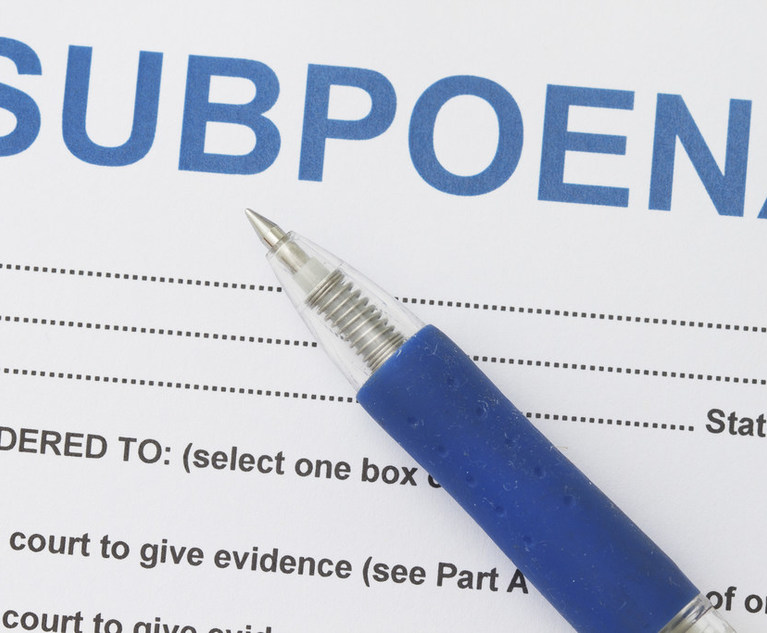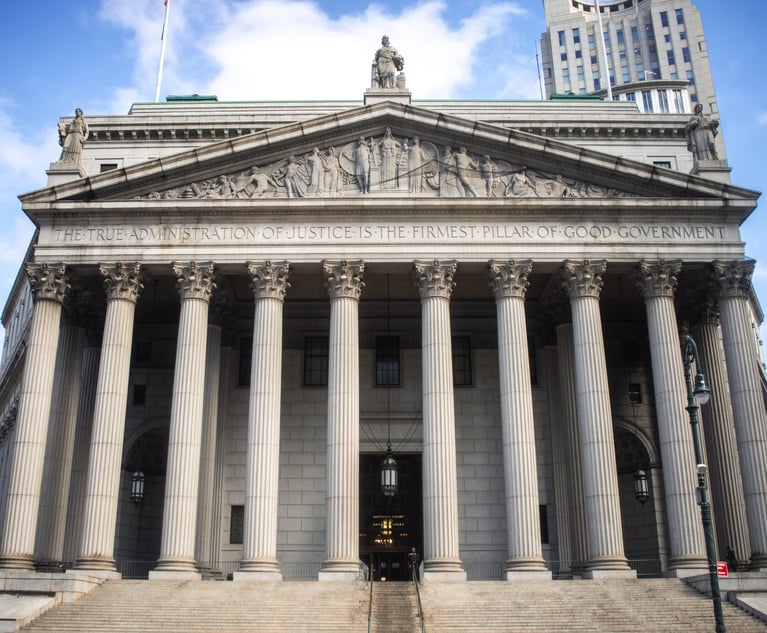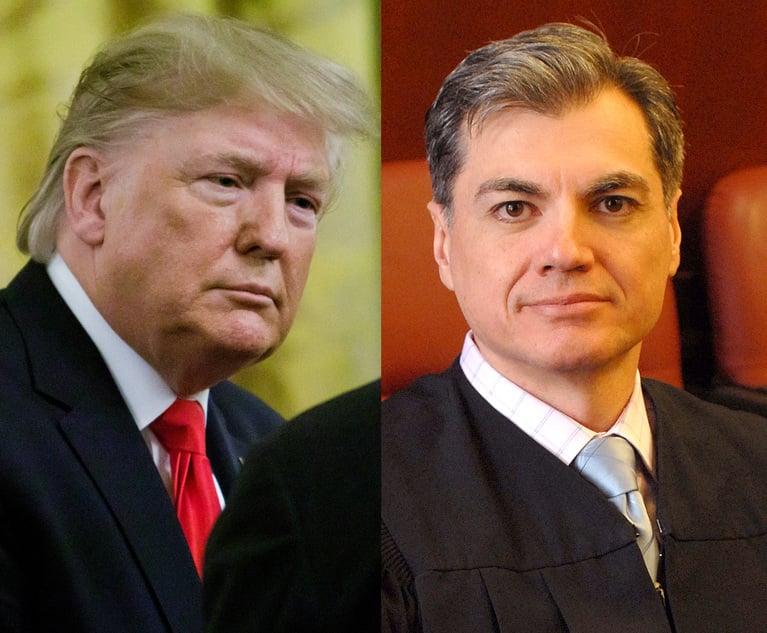Defense subpoenas are an increasing focus of litigation in white-collar criminal cases. Prosecutors and defense counsel have sparred over the standard governing defense efforts to obtain evidence from third parties and the breadth of defense subpoenas. Defense lawyers have identified an imbalance between the government’s broad subpoena power and the defense’s ability to issue subpoenas pursuant to Rule 17(c) of the Federal Rules of Criminal Procedure and provide their clients with an appropriately zealous defense.
In recognition of this imbalance, a recent decision by U.S. District Judge Jed S. Rakoff of the Southern District of New York has endorsed an expansive view of defense subpoena power and forged a split in authority within the Second Circuit. As courts grapple with the appropriate standard, defense lawyers should embrace Judge Rakoff’s decision, which hews to the text of Rule 17(c), reflects an updated and realistic view of discovery, and helps to balance the vast discovery powers of the government with the defendant’s ability to obtain third-party document discovery.







